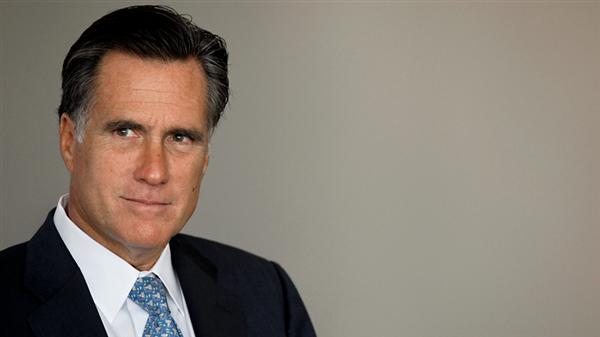As I see it, there are three principal requirements for the job. The first is experience in management, business, and organization: maybe someone who’s worked as a management consultant, an entrepreneur, and an executive in both the public and private sectors. The second is the ability and capacity to commit: someone who isn’t likely to have any pressing obligations for the next several years, and who has enough cash that he or she doesn’t need a large private-sector salary. Third is relevant experience in implementing a large-scale health-care reform program, ideally one that involved using an individual mandate and the private insurance system to attain near-universal health insurance.
Now that health care reform has passed, the focus is moving on to implementation. It is a huge undertaking that aims to reshape a significant chunk of the U.S. economy. Setting up this public-private partnership will require creating new infrastructure, managing a lot of moving parts, and dealing with powerful corporations and industry blocs. So who should President Obama appoint to be his health care reform implementation czar?
In so many words, this sounds like a job for Mitt Romney. He may be the only man in America who meets all three criteria.
Consider his bio. Romney has worked as a management consultant, started a successful venture capital firm (Bain & Co.), restructured and turned around the 2002 Salt Lake City Olympics, and ran the state of Massachusetts for four years.
Will he have the time? Well, Romney is clearly running for president in 2012. But let’s be honest. Romney looks good on paper, but he is a poor campaigner. His 2008 campaign wasn’t quite as pathetic as Rudy Giuliani’s. But it was disappointing. Over the course of a year, Romney raised a lot of money and matched it with lots of his own. He did win several caucuses, but they were mostly in states with large Mormon populations, or states in the Republican kill zone of New England, or states where his dad used to be governor (Michigan). He came in third in the delegate count.
Can he do better in two years? The emergence of Sarah Palin and continuing shifts in the Republican Party would seem to make it harder for Romney to win in 2012 than in 2008. Romney is an establishment, big-business kind of guy who played a social moderate when he ran Massachusetts. And in the past two years, the Republican Party has become more anti-establishment, more hostile to big business, and more hostile to social moderates. To ingratiate himself with the base, which generally shunned him in 2008, Romney has been tacking harder to the right—which will make it difficult for him to attract the centrists any winning candidate needs. After the passage of the health care reform bill, Romney took to the pages of the National Review and all but accused Obama and the Democrats of committing treason for passing a health care reform plan.
And of course, there is the thing that disqualifies him from being the Republican nominee in 2012, which is the same thing that makes him best qualified for the job of health-care czar: He’s basically already done it. In fact, he’s the only executive who has done it. As countless commentators have noted (Alex Knepper from the right, Brad DeLong from the left, and David Frum from the spurned right), Obamacare largely is Romneycare. The concept of attaining near-universal health insurance in a defined geographic area using a combination of a mandate, subsidies, and cost-control efforts is essentially what Romney did in Massachusetts earlier this decade.
In 2008, Romney tied himself in knots trying to explain away positions he took while operating in the political context of Massachusetts. Trying to appeal to the GOP’s national base led him to flip-flop on issues like abortion and immigration. If he runs in 2012, he’ll have to explain why he implemented and repeatedly defended a program that is eerily similar to Obamacare.
It’s early yet—Super Tuesday 2012 is almost two years away—and the political dynamics will change. It’s entirely possible that Romney will have a future in national Republican electoral politics. But if he’s looking for a surefire way to serve his country through 2016, he might consider sending his résumé to the White House.
